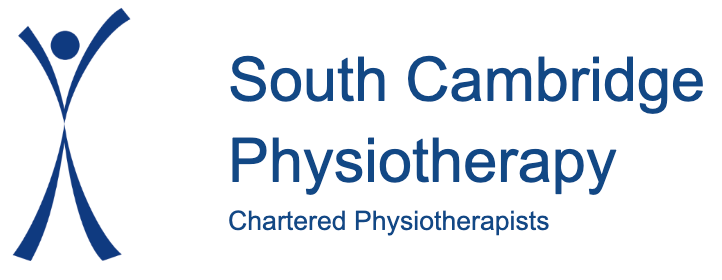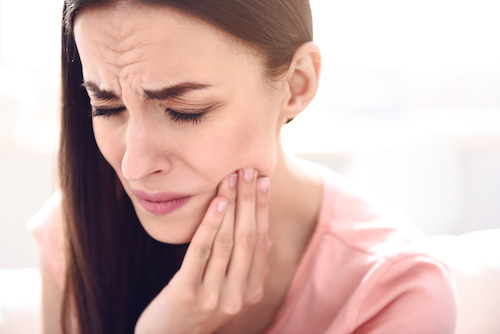A TMD is a temporomandibular dysfunction, now often treated with physio.
This is a term that is used for a number of clinical problems that involve one or a combination of :
- The Temporomandibular joints – the 2 joints that connect the Temporal bone (side of your skull) to the Mandible (the jaw bone )
- The Masticatory Muscles – a group of muscles that move the jaw
- Musculoskeletal disorders – for example: hypermobility, chronic inflammatory conditions or alterations to the connective tissue.
TMDs are common and in most cases they resolve, either without treatment, or respond well to self-management. Those that do require medical intervention predominately resolve with conservative treatments
Common Signs of TMDs
- Pain and tenderness over the muscles of mastication and around the ear
- Pain that is aggravated by chewing and jaw activity such as yawning, laughing, talking, swallowing.
- Limited mouth opening
- Asymmetrical movements of the jaw
- Joint sounds such as clicking, grinding, popping
- Locking of the jaw
- Bruxing / Bruxation – clenching +/- grinding of teeth
- Aching and soreness on waking in the morning around the jaw
There are other less common signs such as dislocation of the jaw, headaches / migraines secondary to TMDs
What are the causes of TMDs?
There are many causes of TMDs and often there are a combination of factors behind an episode.
It is very important to be aware that there are many conditions that present with pain in the face, jaw and head that are NOT TMDs. If your apparent TMD symptoms do not settle quickly then you should seek advice. I would advise a thorough assessment to ensure a correct diagnosis is reached.
What can be done to help a TMD?
Should a TMD be diagnosed then it can be classified so that the appropriate course of action can be established and taken – this can vary from one or a combination of :
- education
- understanding and self-help
- splints
- physiotherapy
- medication
However – teeth and the neck (cervical spine) are 2 common causes of apparent TMD presentation, and if these are the drivers then they require dealing with first. Your physiotherapist can guide you. There are many others!
What can you do to help yourself? How can you avoid treatment?
Often jaw problems resolve and in order to help this process you may find the following helps give you relief
- Cool therapy
- Moist heat
- Soft diet
- Pain relief medications such as Paracetamol or Ibuprofen
- Jaw exercises – slow gentle exercises may help increase jaw mobility and healing
- Relaxation techniques
- Sleeping on your side
- During the day – let go of your facial muscles – keep teeth apart
- Yawning – use your hand to support your chin so it doesn’t open fully
Avoid:
- Chewing gum
- Jaw clenching
- Cradling telephone
- Sitting with elbows on table and chin in hands
- Chewing the inside of your cheek
What can physio offer me to help a TMD if the above doesn’t help?
A Chartered Physiotherapist specialising in TMDs can offer you a bio-mechanical assessment, classification, treatment plan and self-treatment plan. Your physiotherapist will also work with your Dentist, MaxFax surgeon and GP to form a cohesive team.
Here at South Cambridge Physio, I am able to assess and classify TMDs according to recent guidelines.
Regarding treatment – I am able to perform:
- soft tissue mobilisation
- connective tissue mobilisation + manipulation
- joint mobilisations
- movement re-education,
- along with needling techniques such as Acupuncture, Myofascial needling, Trigger point needling
- muscle exercises
- postural awareness
- and advise how to implement changes.
Long term success – for this to occur it is vital that you are fully on board with the treatment approach, that we jointly understanding what is happening and how we can work together to resolve issues.
I will assess what the “drivers” are that are affecting the TMD presentation; if it should be from another area of the body such as the neck or shoulder I can address these issues. If my assessment and judgment indicate that the driver originates from a dental issue, or there is a dental issue that has altered since you were last examined, then I will ask that you are seen by your dentist before starting any treatment.

